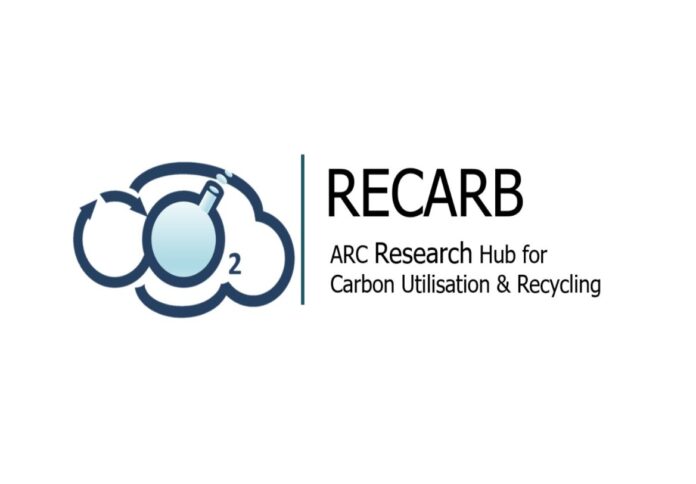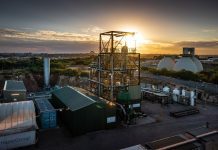
Monash University has launched a new research facility focused on advancing technologies to convert carbon dioxide emissions into valuable products and develop markets for carbon-embedded goods.
The Australian Research Council (ARC) Research Hub for Carbon Utilisation and Recycling (RECARB) will lead the charge in developing innovative solutions to address carbon emissions from the energy and manufacturing sectors.
The official launch of RECARB was conducted by Cassandra Fernando MP, federal member for Holt, representing Jason Clare MP, Minister for Education, at Monash University’s Clayton campus.
The research endeavours at RECARB will unite international and national universities with industry partners to explore the transformation of carbon dioxide emissions into useful resources.
This initiative responds to the growing need to transition from viewing carbon emissions as pollutants to valuable feedstock for a wide range of applications.
Professor Paul Webley, director of RECARB, emphasised the importance of research hubs in fostering collaboration between academia and industry to translate research into practical solutions.
He stated that the RECARB hub aspires to change perceptions of carbon emissions by collaborating with stakeholders to develop high-quality solutions, particularly for challenging-to-decarbonise sectors.
“Monash has an outstanding track record in working with industry and university partners to develop high impact research. As one of Australia’s leading universities with a strong emphasis in sustainability, our hub is well placed to lead the way in carbon recycling and reuse for future applications,” Prof Webley noted.
Furthermore, the RECARB Hub will embark on a five-year program led by Professor Paul Webley and Professor Akshat Tanksale.
The university said their mission is to develop cutting-edge, industry-relevant technologies for reducing and reusing carbon emissions, ultimately transforming them into high-value products like acetic acid, stock feed, methanol, and other chemicals.
The research focus of RECARB encompasses electrochemical, thermochemical, and biological technologies, including research into direct air capture (DAC) technology for recycling carbon dioxide.
DAC offers a sustainable source of carbon dioxide, which can benefit agriculture and be transformed into valuable products.
Additionally, Plasmonics, an emerging field in sustainable chemistry, is explored for its potential to convert CO2 into valuable chemicals by harnessing solar energy.
Professor Akshat Tanksale, deputy director of RECARB, highlighted the importance of practical applications in advancing these technologies.
“Our aim is to develop pilot-scale applications of CO2 to products and CO2 recycling so that industry can scale up and assess these processes for their business,” the professor said.
“For this research to make a difference to the environment we need to identify methods and frameworks for embedded emissions accounting that can unlock growing markets for abated carbon products and services,” Prof Tanksale added.
The ARC is providing$5 million in support of the RECARB Hub, with an additional$5.8 million contributed by universities and industry partners, along with $11.8 million in-kind contributions.


















